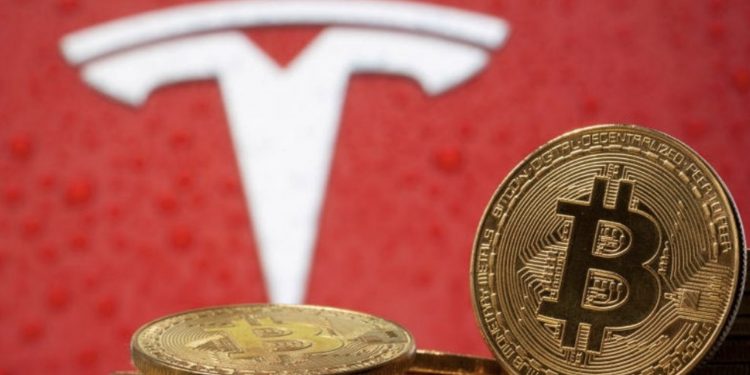*EIN Newswire
Cryptocurrency fans have long counted Tesla boss Elon Musk as among their champions, but this week he rocked their world by questioning the future of the digital assets and sent its value tumbling with a single tweet.
Musk took to Twitter yesterday to announce that his company Tesla would no longer be accepting bitcoin as a way of paying for the electric vehicles.
“We are concerned about rapidly increasing use of fossil fuels for bitcoin mining and transactions,” he said in a statement.
“Cryptocurrency is a good idea on many levels and we believe it has a promising future, but this cannot come at a great cost to the environment.”
The billionaire entrepreneur then shared a chart from the Cambridge Bitcoin Electricity Consumption Index (CBECI).
“Energy usage trend over past few months is insane,” he said.
Obtaining bitcoin is an energy intensive endeavour, and the chart showed the evolution of its power usage, rising constantly from 2016 and accelerating sharply in 2020 on an annualised basis to hit its current level of 149 terawatt-hours (TWh), an all-time high.
The amount of energy is huge when you compare it to Google’s entire energy usage of 12.2 TWh, or to the approximately 200 TWh used by all data centres in the world except those that mine bitcoin, according to George Kamiya, an analyst at the International Energy Agency (IEA).
It also equates to around 61 per cent of Australia’s total energy consumption.
“If bitcoin was a country, it would use around the same amount of electricity a year to mine as Switzerland does in total,” Deutsche Bank analysts said in a note.
Microsoft founder Bill Gates has also criticised bitcoin as using “more electricity per transaction than any other method known to mankind”.
The IEA predicts the situation could worsen: if miners used the most energy intensive equipment, their consumption could rise to 500 TWh.
Musk’s ban on bitcoin sent the cryptocurrency’s value down 15 per cent to a two-and-a-half month low, a reversal from late March, when Tesla announced it would accept the digital currency as payment after announcing a $1.5 billion investment in bitcoin.
The promise of a juicy reward has fuelled the rise in giant data centres dedicated to bitcoin, which reached a $1 trillion market capitalisation earlier this year, before falling back.
The cryptocurrency is earned by participants in the network called “miners,” who solve deliberately complicated equations using brute force processing power under the so-called “proof of work” protocol.
“In this way, no group or individuals can control what is included in the block chain or replace parts of the block chain to roll back their own spends,” bitcoin’s website says.
“Proof of work” was one of the founding principles of the best-known cryptocurrency, created in 2008 by an anonymous person or group that wanted a decentralised digital currency.
The system is designed so that around every 10 minutes, the network awards some bitcoin to those who have successfully cracked the puzzle.
But as the price of bitcoin has risen, interest in obtaining it has followed, along with electricity consumption.
Last month, scientific journal Nature published a study saying that emissions from mining in China, which powers nearly 80 per cent of the global cryptocurrency trade, could compromise the country’s climate goals.
That country relies on a particularly polluting type of coal, lignite, to power some of its mining.
Bloomberg predicts that it will take until 2060 before China can meet its cryptocurrency industry’s needs through renewable energy.







This energy story has been debunked over and over again
if only there was a merge mined cryptocurrency that had a much smaller carbon footprint than bitcoin, and also had a dog on it…
What’s the most energy efficient #crypto?